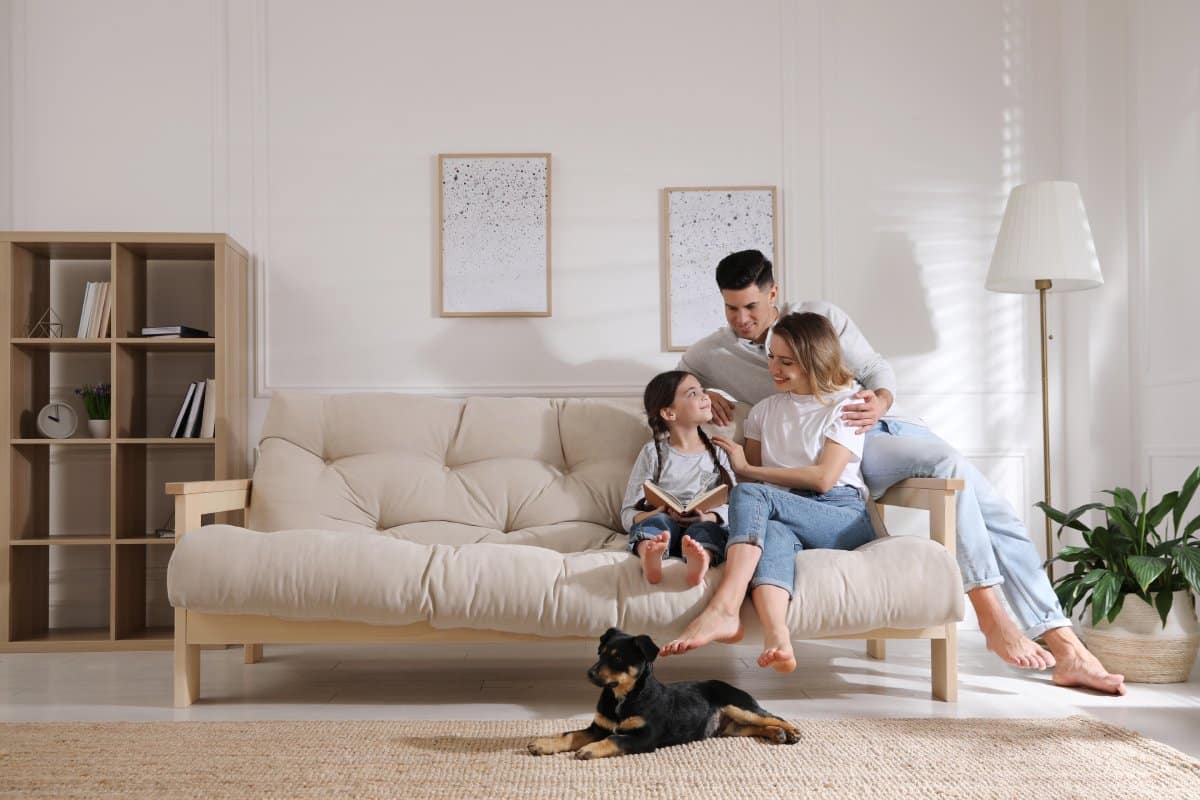Hey, let’s talk about that dream house of yours. You know, the one with more rooms than you can count and a garden that needs its own zip code? It’s nice to fantasize about, but between you and me, is bigger always better? Imagine a life where less really does mean more—more money in your pocket, more freedom, and more happiness. Ready to see why scaling down might just be the best upgrade you’ve never thought about?
1. Cozy Equals Cost-Effective

A smaller home doesn’t just save on the purchase price. It keeps your bank account healthier in the long run, making financial freedom more than a pipe dream.
2. Less Space, Less to Clean

Think of all those Sundays you’d get back if you didn’t have to spend them dusting rooms you never use. A smaller home means reclaiming your weekends.
3. Encourages Minimalism

In a compact space, everything you own serves a purpose, or it’s out. It’s liberating to live with just the essentials—trust me.
4. Lower Utility Bills

Heating, cooling, and lighting a smaller space saves a bundle. It’s like giving yourself a raise without having to work overtime.
5. More Sustainable Living

Choosing a smaller home is a high-five to the planet. Less space means a smaller carbon footprint, and who doesn’t want to be a bit greener?
6. Boosts Family Bonding

A smaller space naturally brings people closer together. It turns every day into an opportunity for connection and, yes, those impromptu dance parties in the living room.
7. Less Room for Clutter

When there’s no space for clutter, you won’t accumulate stuff you don’t need. It’s surprisingly freeing to own less and live more.
8. Easier to Personalize

Decorating a smaller place is like curating an art gallery where every piece is a star. It’s your personality on display, without the echo.
9. Encourages Outdoor Activity

With less house to hide in, you’ll find yourself exploring the great outdoors more. Nature becomes your extended living room.
10. Lower Maintenance Costs

Fewer rooms mean fewer things that can break. Keeping up with home repairs doesn’t have to be a full-time job.
11. Strengthens Community Connections

Smaller homes often mean closer neighborhoods. It’s nice when the barista knows your order, and your neighbors are more friends than strangers.
12. Frees Up Funds for Experiences

Saving on home expenses means you can spend on what really matters—adventures, travels, and making memories that don’t require a mortgage.
13. Promotes Better Mental Health

A clutter-free, cozy space is like a big, calming hug for your brain. Less mess, less stress.
14. Easier to Sell or Rent Out

A smaller, well-located home is like gold in the real estate market. It’s always in demand, making your move to the next adventure that much easier.
15. Inspires Creative Solutions

Living small challenges you to be smart with your space. It’s amazing what solutions you come up with when you think outside the big box.
16. Matches Modern Work-Life

Today’s work-from-anywhere lifestyle fits perfectly with a smaller home. Your world becomes bigger when your house doesn’t tie you down.
17. Less Temptation to Overspend on Furniture

Furnishing a small space costs less and is way more fun. It’s all about finding those pieces that make you smile every time you walk in the door.
18. Offers Flexibility to Relocate

Dreaming of living in a new city every few years? A smaller home makes it easy to pack up and explore, turning the whole world into your backyard.
Less House, More Home

Embracing a smaller home isn’t just a smart financial move; it’s a lifestyle choice that opens up a world of possibilities. Imagine a life where your home is just the right size for happiness, comfort, and freedom. . So, what do you say? Are you ready to trade square footage for a life full of adventure, savings, and yes, a little bit of coziness?
The post 18 Reasons Bigger Isn’t Better When It Comes to Your Home first appeared on Mama Say What?!
Featured Image Credit: Shutterstock / New Africa.
For transparency, this content was partly developed with AI assistance and carefully curated by an experienced editor to be informative and ensure accuracy.





